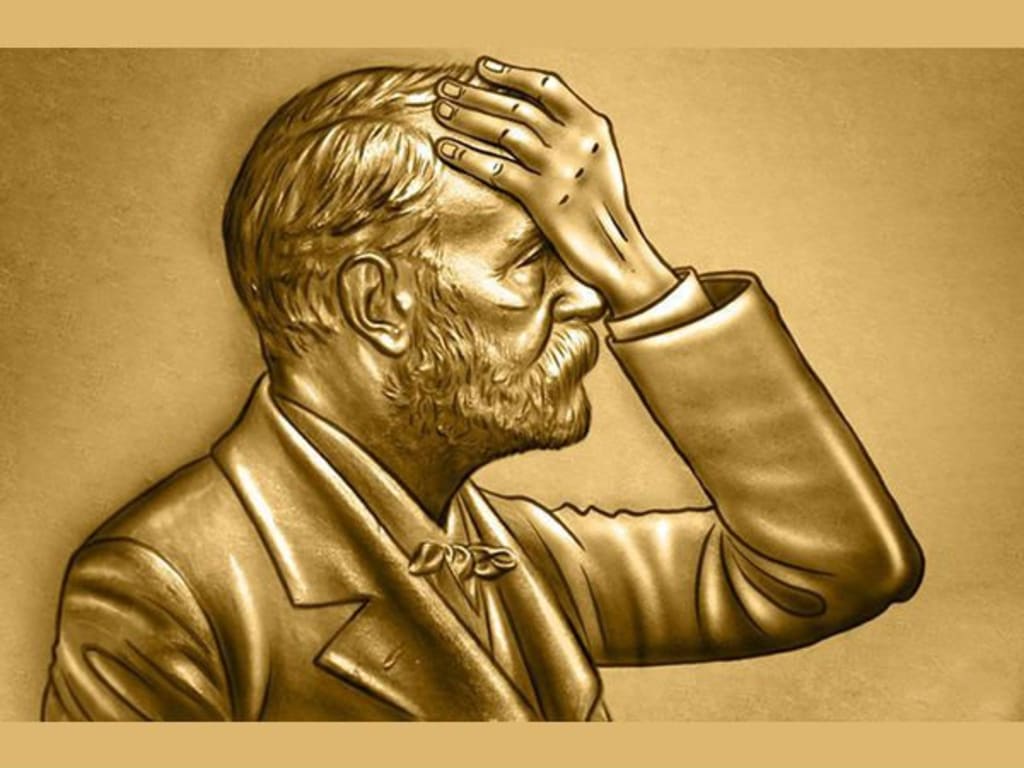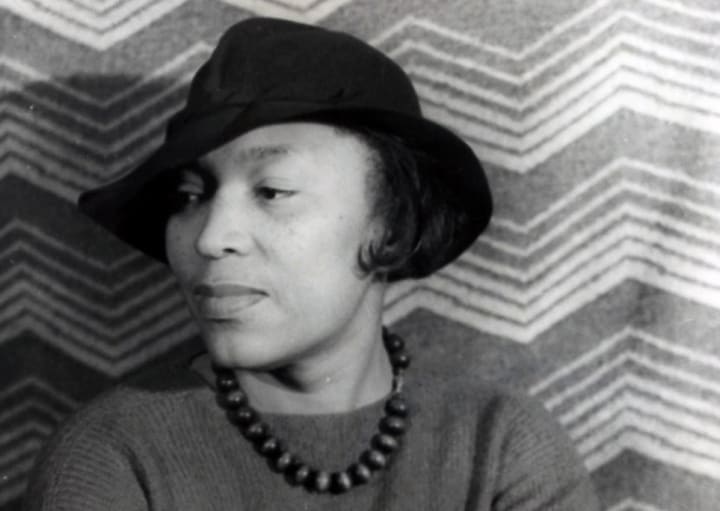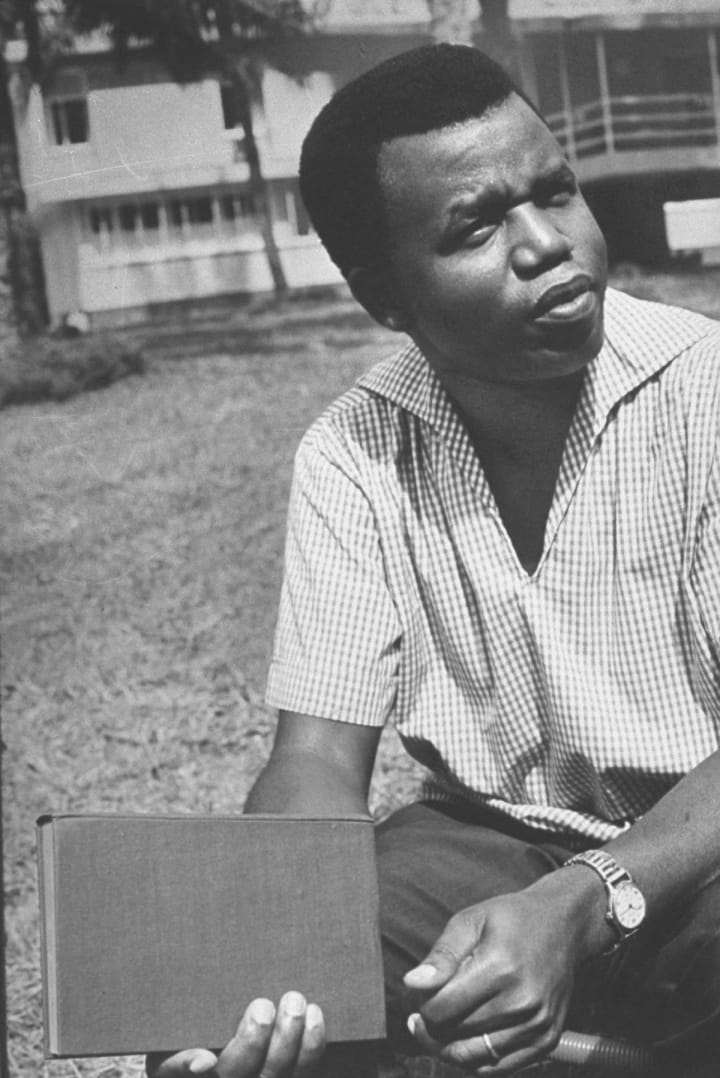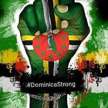Nobel-ling It
A Small Correction

It is now a very cold day in January, and there seems to be some talk about the Super Bowl and the eventual winners and losers of the great American grudge match. I really do not care for big sports events, excluding the Stanley Cup (mostly for the joy of seeing the Toronto Maple Leafs once again refuse to accept their pathetic nature and just suffer properly in the regular season). But there is one event that I do look forward to every autumn. This is the Nobel Prize season, a week taken out of October to both disturb and annoy those few who still care.
I understand the love that people have for their favourite teams – the jerseys, colours and occasional songs make them a nice distraction – but I prefer the thrill of my own disappointments with the decisions made by my Scandinavian snobs. Now, when I say “disappointments,” I do not mean with the prizes that are awarded in the hard fields – physics, chemistry, medicine – or even the ones given for peace (there should probably be a retraction period where the fine people in Norway and Sweden can decide that they made an error and need to take back their laurels; five years seems like a fair period of time). What bothers me the most are the mistakes made with literature.
It is an old story. The Nobel Prize has been awarded to writers who’s talent seemed a doubtful position then (Mikhail Sholokhov, Pearl S. Buck, Sully Prudhomme – the first disappointment), or now seems to have been quite fleeting (Winston Churchill, Rudyard Kipling, Jean-Paul Sartre – a famous rejecter of the award; some respect for this). Those do not bother me the most, however. I feel that hindsight is often 20-20 and can only provide a chuckle and a sigh when the damage is done (again, a five-year rule should be in place; not really enough time, but a good start). My concern is for the talent that has been ignored by the committee, the greats of literature who were never acknowledged. I once read an article on the inner battles that take place every year when the decision on literature has to be made. A group that secretive and long-standing can only create the worst type of gossip. And I am still baffled, annoyed and fed up with them.
So, here is what I am proposing with this piece: a set of “what-ifs” for the Nobel.
My list of authors will be limited to ten and will contain all of my biases and desires for those posthumously ignored talents (I will also include one living writer, knowing that the Nobel is not given to authors who have died, and that they cannot keep making the same mistakes again and again, right? Right?) I will limit this to only literature, include the year I think they should have won the award – and who they would have beaten if so anointed – and the citation that would have gone with the prize. The citation is usually a brief statement explaining why the award was given to the author and often includes words to the effect that the author “offered the greatest insight into untold narratives”, or “provides a unique glimpse of certain cultures” (not direct quotes, but close enough).
So here is my list of ten deserving writers that history and certain Nordic cultures should have treated better:

Count Leo Tolstoy (1901): “for the epic ‘War and Peace’; the keenly insightful ‘Anna Karenina’, and his incredible influence on the modern novel”
(This was the first Nobel in Literature awarded; Sully Prudhomme won instead - a true insult)

Joseph Conrad (1914): “for his important work in providing a unique view of a colonial world and his narrative skill in impressing other voices into our literature”
(No award for literature was given in 1914; still strange to me that he should have been denied)

James Joyce (1940): “for the remarkable book ‘Ulysses’ with its daring narrative and incredible method of interpreting the day in the life of a pair of very average lives”
(Again, no award was given that year, and it is another shocker; apparently, one of the heads of the committee was asked why Joyce never won; his response: ‘Joyce who?’ Perpetually embarrassing)

Virginia Woolf (1941): “for her sensitive and hard-won psychological talent and skill in nuanced studies of various lives in the guise of the novel and essay”
(Once again, no award was given out that year; and yes, I know that this was the year she committed suicide by drowning herself; maybe if she won, she would have stayed around for a little longer; just a theory)

Zora Neale Hurston (1942): “for her invaluable studies of the hidden African-American experience in both the United States and the world of literature”
(Still, no award given that year; and do not critique me for choosing her; a whole body of literature exists because of her brave and pioneering work; she deserves it)

Edward Estlin Cummings (e. e. cummings) (1943): “for his clever creation of poetic texts through typographical experiments and a bold talent incorporating mythology and satire”
(And yes, no award was given that year – World War II really did put things on hold; I like this choice and think that many of you might agree that he is a voice that deserved the laurel crown)

Chinua Achebe (1965): “for the importance of his establishment and creation of a true written African tradition of narrative and post-colonial criticism which has grown since his breakthrough, ‘Things Fall Apart’”
(The award that year was awarded to Mikhail Sholokhov, a writer that even devotees of Russian literature consider a great embarrassment; Achebe had just finished his major trilogy and was receiving praise as a pioneer for a larger tradition of storytelling; no qualms giving it to him this year)


Bernard Malamud (1974): “for his remarkable short stories and novels on the modern Jewish experience in American life”
Anthony Burgess (1974): “for a lengthy and determined career analyzing literature in his extended fiction and non-fiction work”
(Okay, a bit of cheat, but I had to do it; this year, the Nobel Prize was given to two writers I have not read, and I am pretty sure many of you have never heard of: Eyvind Johnson and Harry Martinson – go look them up; I dare you)
*
And the only living name on my list is…

Salman Rushdie (20??): “for his remarkable skill in bridging linguistic talent with the instincts of a literary savant; for creating the modern Indian diasporic tradition in literature”
(Okay, I am pushing it a bit with this one, but doesn’t he deserve it after all he has been through? I believe he would probably be the winner in a year when Zadie Smith and Haruki Murakami are considered the front-runners; give it to the fatwa survivor determined to continue his writing; I am sure he has many more stories to tell)
*
Thank you for reading!
If you liked this, you can add your Insights, Comment, leave a Heart, Tip, Pledge, or Subscribe. I will appreciate any support you have shown for my work.
You can find more poems, stories, and articles by Kendall Defoe on my Vocal profile. I complain, argue, provoke and create...just like everybody else.
Give it a look...
About the Creator
Kendall Defoe
Teacher, reader, writer, dreamer... I am a college instructor who cannot stop letting his thoughts end up on the page.
And I did this: Buy Me A Coffee... And I did this:






Comments (1)
Go for it!